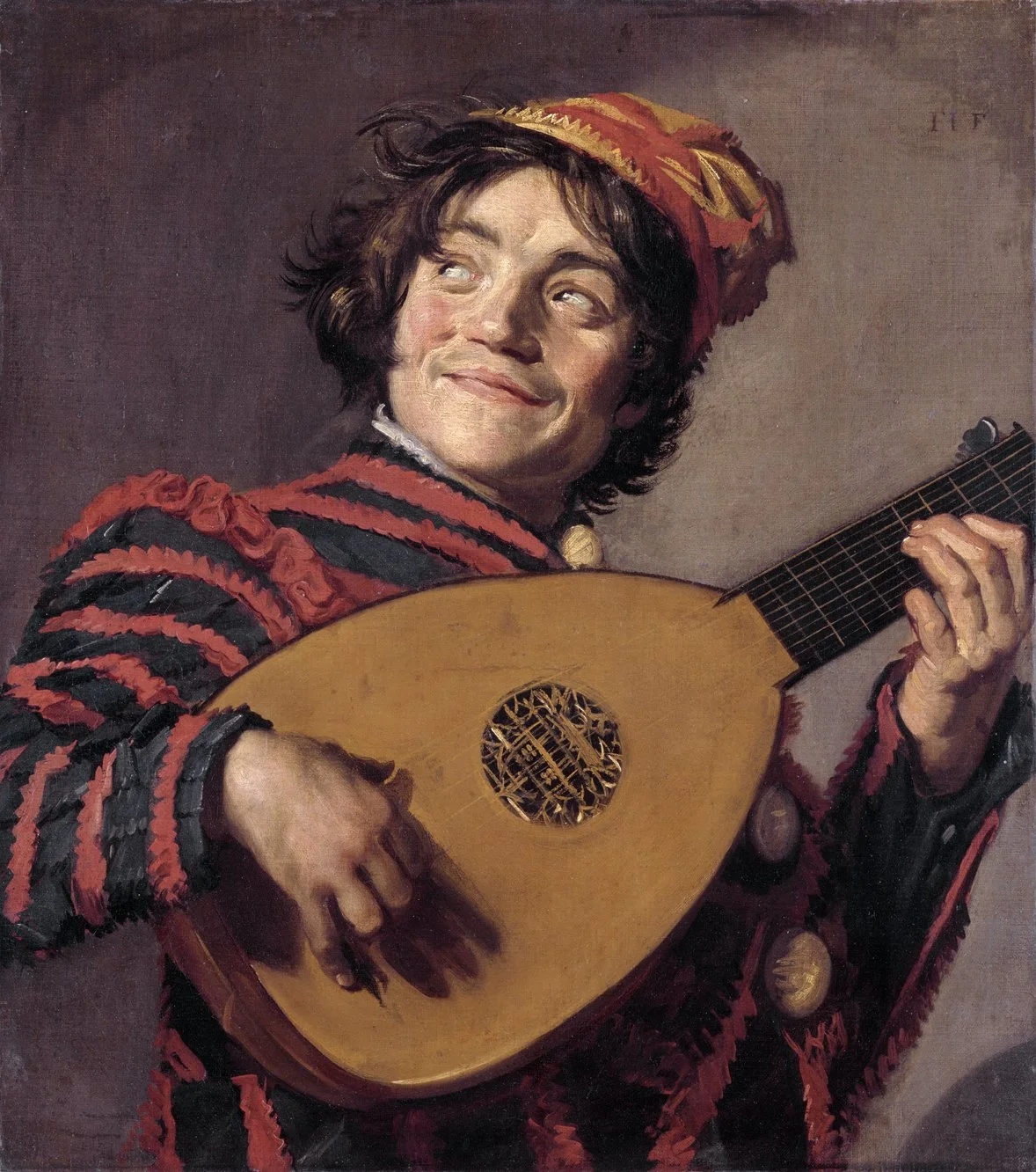The Trained Eye
Photographers inevitably size up the competition. It clarifies the field—and, frankly, I’m rarely impressed. Beyond lighting and framing, viewers make an instant judgment about a subject’s demeanor and expression. A knowing glance, a slight head tilt, the tension of a jaw: these subtleties speak volumes. Classically trained figurative artists have always understood this. Many headshot specialists, chasing formula over finesse, do not.
I often see portfolios filled with stiff smiles and awkward pauses. If those made the final cut, the rest of the shoot was likely worse—or the photographer simply lacked the eye to select the real gems. Editing, in this sense, isn’t about retouching. It’s about choosing the decisive frame.
A portrait session may yield hundreds of nearly identical images. Finding the one that reveals character demands a trained eye. My background as an illustrator and figurative artist taught me how a millimeter’s shift in a lip curve or eyebrow arc transforms the entire impression. Our brains are wired to read these micro-signals in an instant, just as we assess strangers at a first meeting or a film’s protagonist in a single shot.
This may sound obvious, yet many newcomers miss it. The headshot market has become a refuge for mid-career execs or downsized staffers seeking a second act behind the camera. How hard could it be? With step-by-step formulas from celebrity mentors, they can churn out technically competent work—like baking from a recipe—but competence is not mastery.
My path was different. Years as a magazine creative director taught me how to lead shoots, work with top photo editors, and make the final call on images that would appear in print. That training—coupled with my classical art background—honed my judgment to a fine edge.
That dual career is my secret advantage. I bring the discerning eye of an editor and the sensibility of an artist. Many newcomers simply don’t know what they don’t know.

